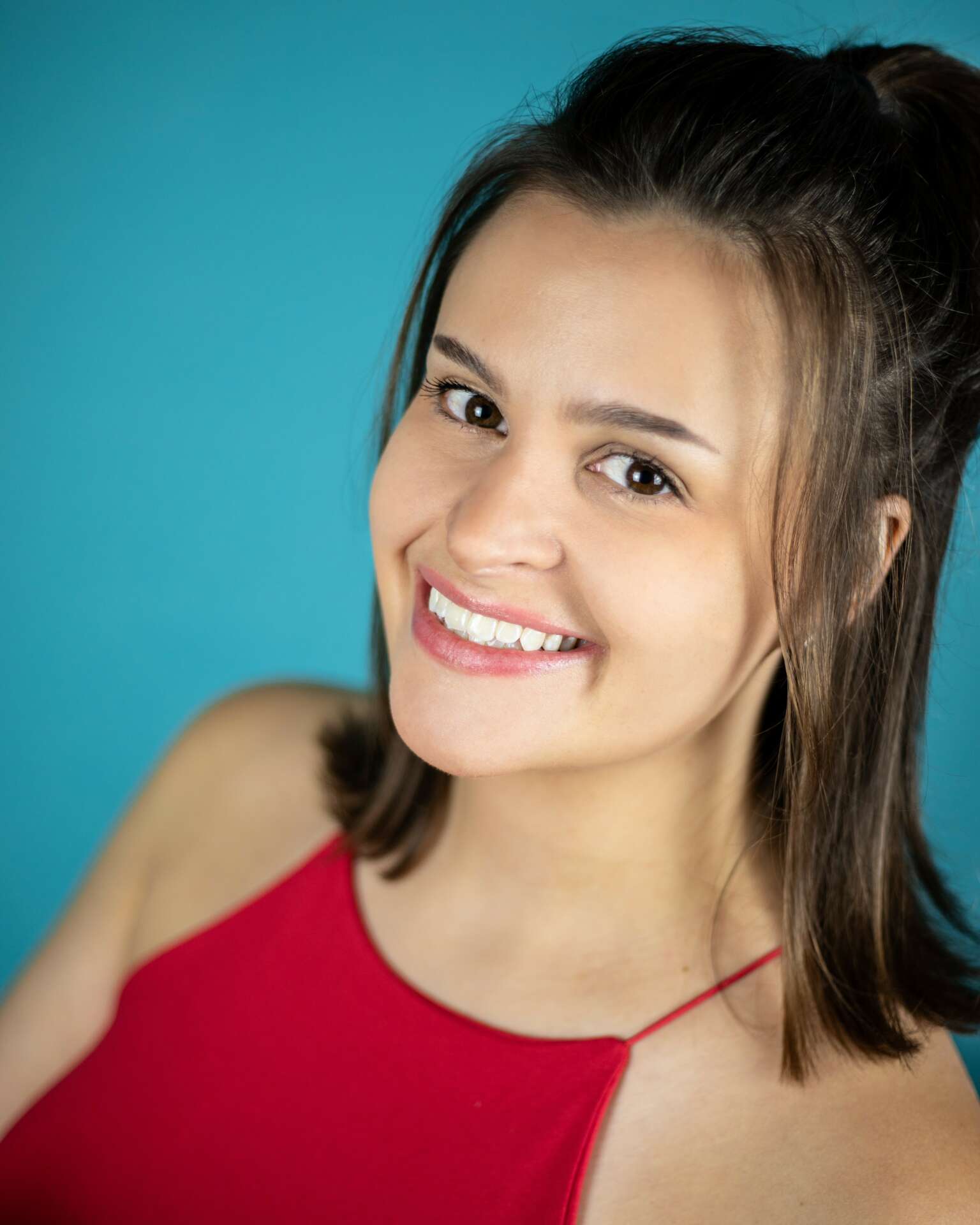We’re excited to introduce you to the always interesting and insightful Jackey Boelkow. We hope you’ll enjoy our conversation with Jackey below.
Alright, Jackey thanks for taking the time to share your stories and insights with us today. What did your parents do right and how has that impacted you in your life and career?
My parents have always been my biggest supporters and I am so grateful that I had that support system both growing up and now as an adult. As a kid, I was always encouraged to explore new interests and pick and choose which activities I wanted to pursue but was never punished for letting something go that no longer benefited or interested me. From elementary school to high school I tried everything from soccer to dance to bagpipes and everything in between. Although, now my parents are stuck with a set of bagpipes, an accordion, and three didgeridoos that I can’t quite fit into my apartment. Sorry mom and dad!
Growing up, my mom enrolled me in piano lessons at the age of 4 and eventually enrolled me in a touring children’s choir at the age of 7. Somewhere in there I started taking dance classes and then stopped for a while to try out soccer and baseball. Let’s just say that dance was a better fit so I started theatre in fifth grade and eventually reenrolled in dance in middle school. From that point on, I participated in every activity involving music and theatre that I possibly could and in turn, my parents became the official taxi service for my friends and I.
Once I found my passion for theatre and became serious about it as my career path, I was always provided with the support needed to do so. I eventually became so involved that my parents became an award winning set design team (my mom is an art teacher and my dad is a superintendent for commercial construction sites) which they still do in their free time to this day.
I was supported through college, both emotionally and financially as I attended a theatre program which did not allow us to have jobs during the school year. I’d be lying if I said that I had a good time in college, it was a rough 6 years for me, but my parents were some of the most important people in my support system during that time and I truly believe that I would not have finished my degree if it were not for their unconditional faith that I could make it in this industry.
Now as an adult and professional actor, my parents are still my biggest fans. They attend every show no matter how big or small my role is. They want to see everything from staged readings to Dennis DeYoung’s Hunchback of Notre Dame mega musical. All that matters is that I’m in it and there truly are not enough words to express how thankful I am for that.
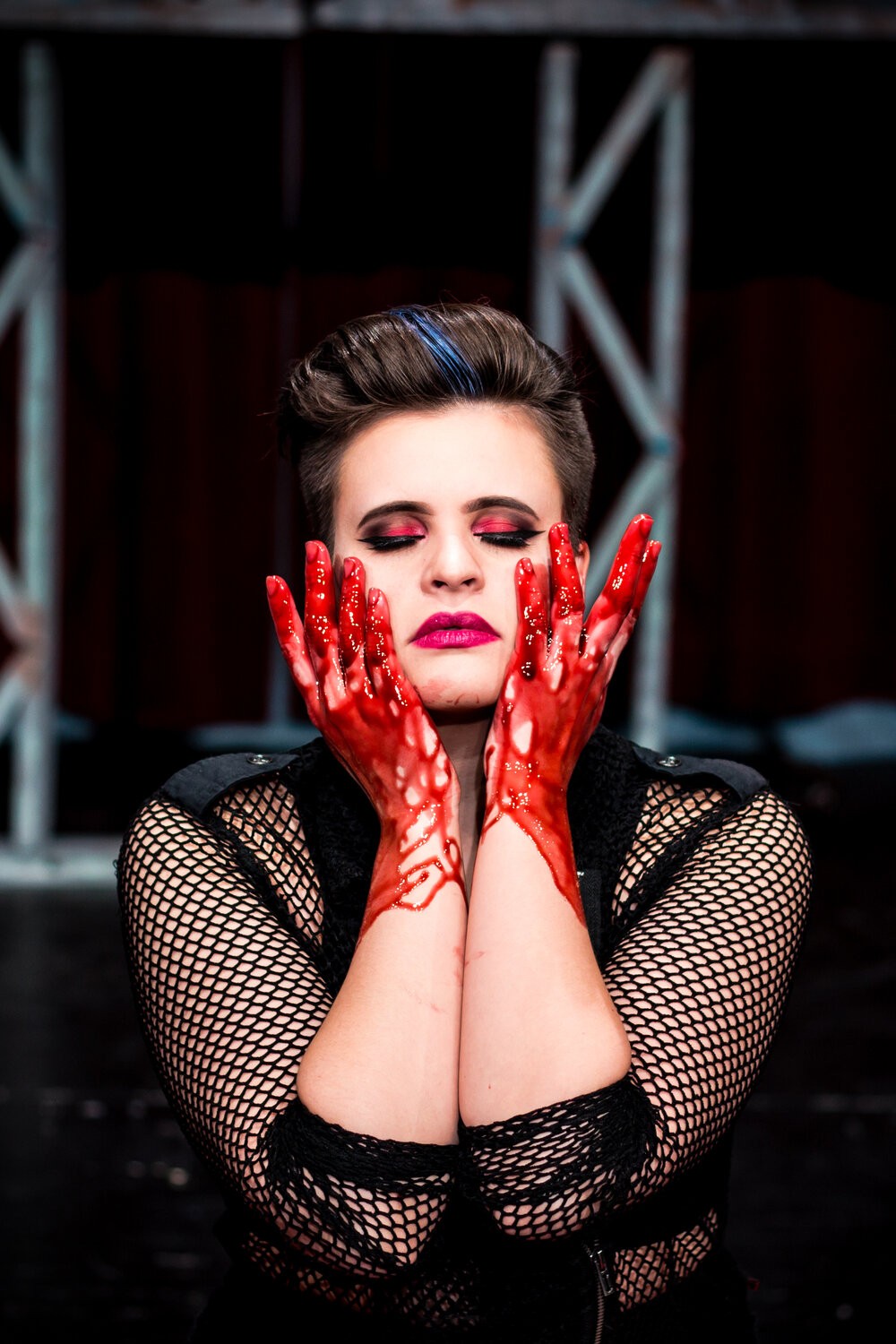
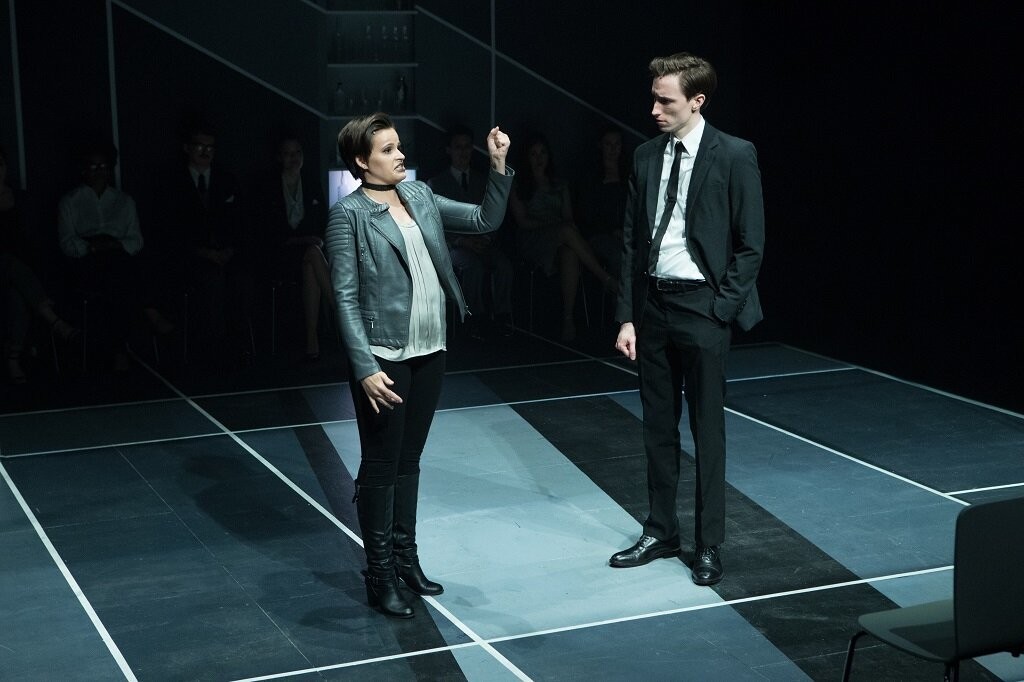
As always, we appreciate you sharing your insights and we’ve got a few more questions for you, but before we get to all of that can you take a minute to introduce yourself and give our readers some of your back background and context?
I am a mixed Romani actor, singer, and dancer located in Milwaukee, WI. I was one of the lucky kids who did theatre once in fifth grade and was so hooked that I already knew that that is what I would spend my life doing. I participated in musicals, spring plays, forensics, and solo/ensemble before attending the University of Wisconsin Stevens Point where I’d earn my BFA in Musical Theatre. In 2017 I was one of 43 people chosen from around the world to study and perform with the Prague Shakespeare Company in Prague, Czech Republic. After graduating in 2018, I moved to Milwaukee to pursue my career in theatre and have since worked with Milwaukee theatre companies such as Milwaukee Repertory Theatre, Skylight Music Theatre, Kohl’s Wild Theatre, and a handful of others.
Throughout my journey as an actor, I have found a passion for Diversity, Inclusion, and Equitability work. In the spring of 2022 I got the opportunity to work with Dennis DeYoung (formerly of STYX) on his version of The Hunchback of Notre Dame. I was not only cast in the ensemble but was also hired to be the Romani Cultural Consultant for the show. It was so incredible to be able to share my culture not only with the cast of the show but with the Milwaukee community. It was incredibly exciting to see a version of The Hunchback of Notre Dame that more accurately portrayed the way Roma people have been treated for hundreds of years and it was so important to me that the story was not glossing over the racism and hatred that comes with being Roma. We are a highly underrepresented and stereotyped group of people so this was a production that I will forever hold very near and dear to my heart. I think it is so important for everyone to be able to see themselves portrayed in all kinds of media as regular humans rather than as stereotypes. One of my career goals is to be the first Romani person to play Anne Boleyn in SIX. I want my community to be able to see themselves in all kinds of characters especially in large scale productions such as Broadway and national tours, not just as the fortune teller or the thief in a three week community theatre production.
In the near future, I intend relocate to New York City where I will continue to pursue my career in theatre as well as continue my DEI and activism work as much as I possibly can.
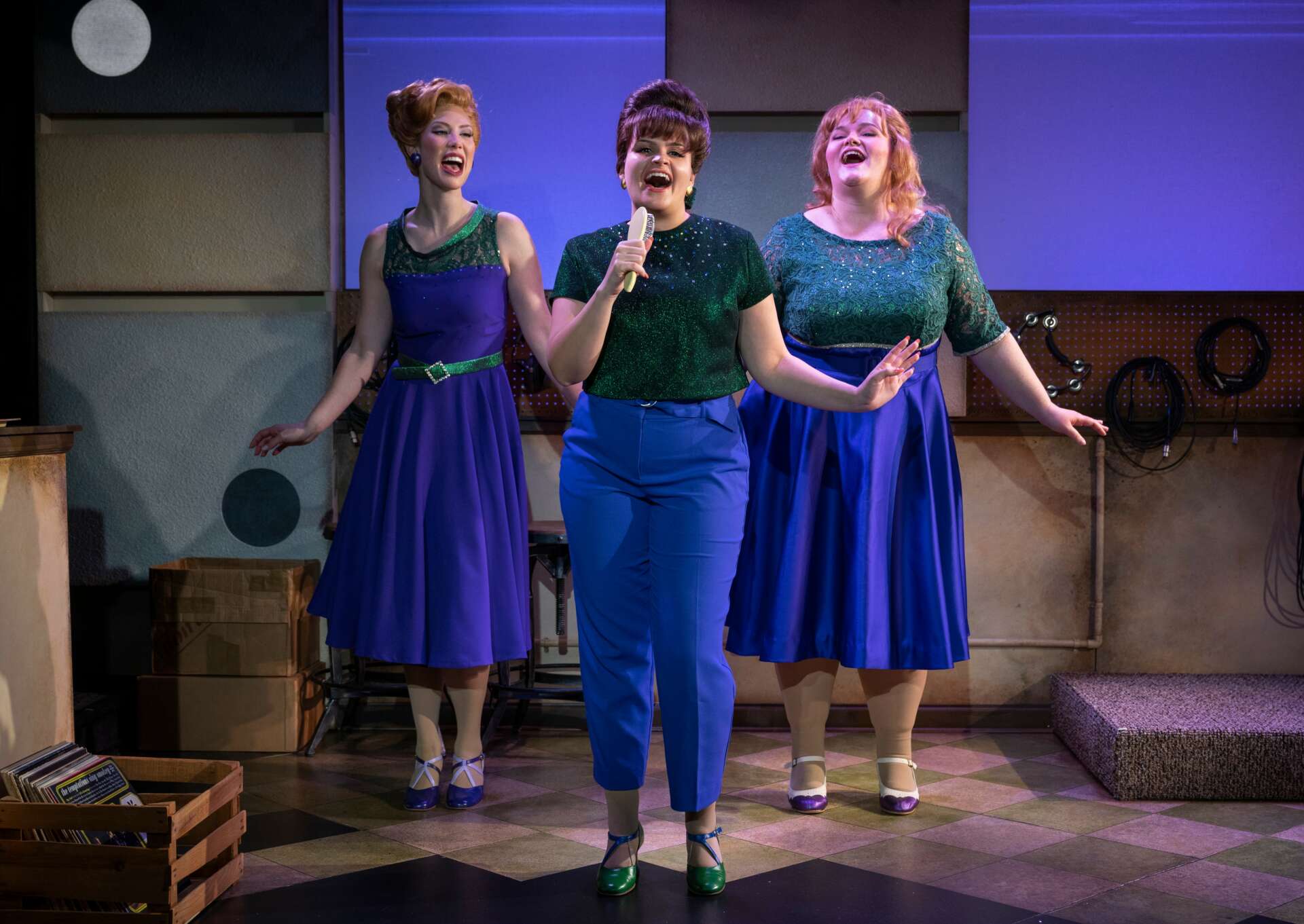
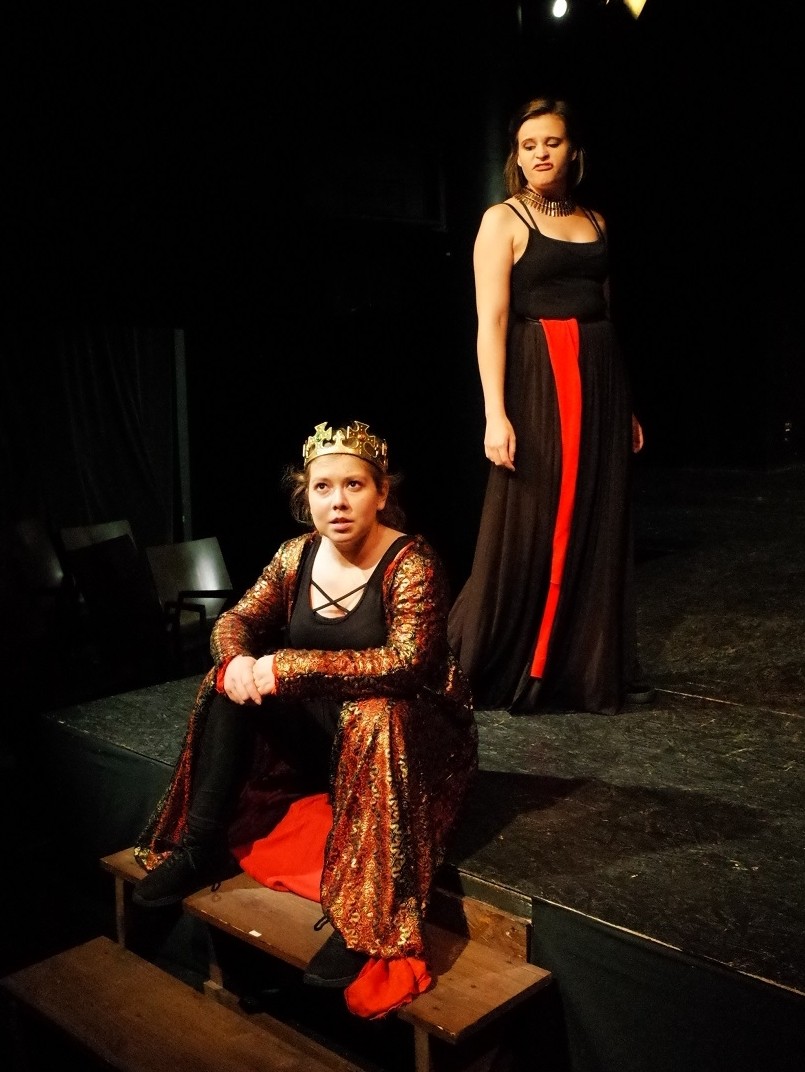
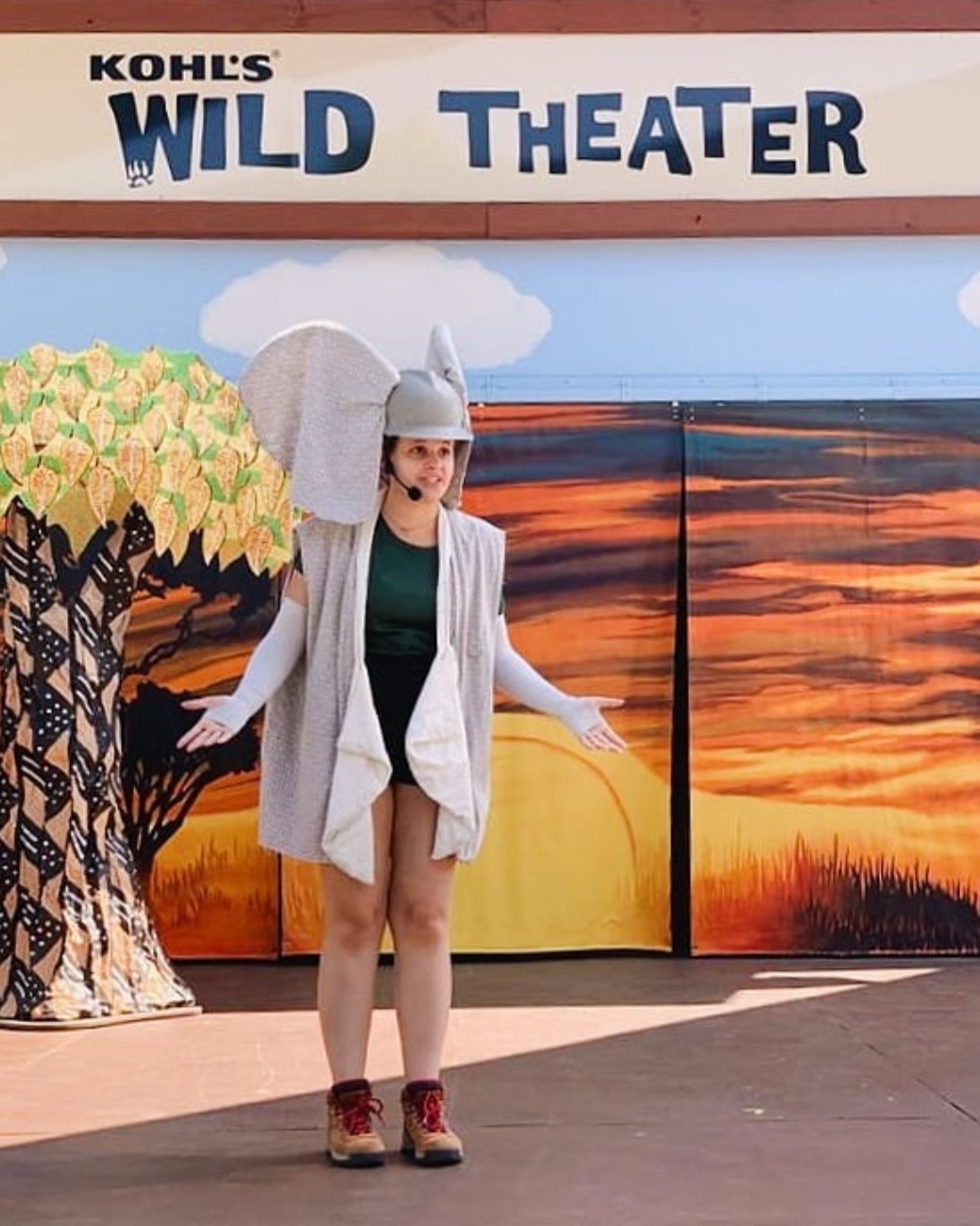
Are there any resources you wish you knew about earlier in your creative journey?
I wish theatre programs would not only educate more on vocal health but actually care about the vocal health of their students rather than perpetuating the shame around vocal injuries.
While I was in college, I had a vocal injury, my diagnosis was pre-nodules (or pre-nodes). There is a HUGE stigma within the theatre community around having vocal injuries but especially nodes and therefore there is very little education that theatre programs will provide you with if you are in this situation. If you end up with any kind of vocal injury it is automatically assumed that you got it from having poor singing technique which 9 times out of 10 is nowhere near the case. In my situation, for example, my doctors found that my pre-nodes were caused from severe allergies that were going untreated. After getting my allergies under control, 9 months of vocal rest, over a year of vocal therapy, and countless scopes my voice came back better than ever. And in the years following my injury I have actually expanded my vocal range.
Theatre programs have a tendency to overwork students, putting them at risk for injuries with very little recovery time, and provide cookie cutter vocal health information rather than tailoring information on a case by case basis.
Because I have spent so much time focusing on my vocal health, I try to talk about it as much as possible to help reduce that stigma as well as provide information about my personal Singing Tool Kit.
First things first, if you feel like your voice is sounding strange, it hurts to sing, or you suspect you have any kind of vocal injury, contact an ENT immediately (preferably one who specializes in singers). There is nothing shameful about going to the ENT or going through Vocal Therapy. Sometimes you might be the only one hearing the change in your voice and others think you sound fine, that happened in my case. You know your body better than anyone else, go get checked out.
So here’s my tool kit (just note, I am not a doctor this is just what works for me people I know):
Do
-SLEEP
-Use a vocal nebulizer with sterile saline solution for inhalation, humidifier, AND steamer or steam in the shower.
-Warm up AND warm down, extra helpful if you hum into a straw
-Use Bromelain if you’re feeling a little vocal fatigue to help with inflammation
-Use Mucinex (original) if you’re feeling like you have some congestion (this is safe to sing on per my ENT)
-Use glycerin based lozenges for dry mouth
Don’t
-Drink caffeine and alcohol, they dry out your vocal folds
-Sing on ibuprofen, Benadryl, or other NSAID medications, this can cause a vocal hemorrhage which ENTs consider an emergency
-Chug your water (it takes 4 to 12 hours for water to hydrate your vocal folds, drink it in sips throughout the day. Otherwise your body can’t absorb it as well)
-Whisper if you feel like you’re losing your voice
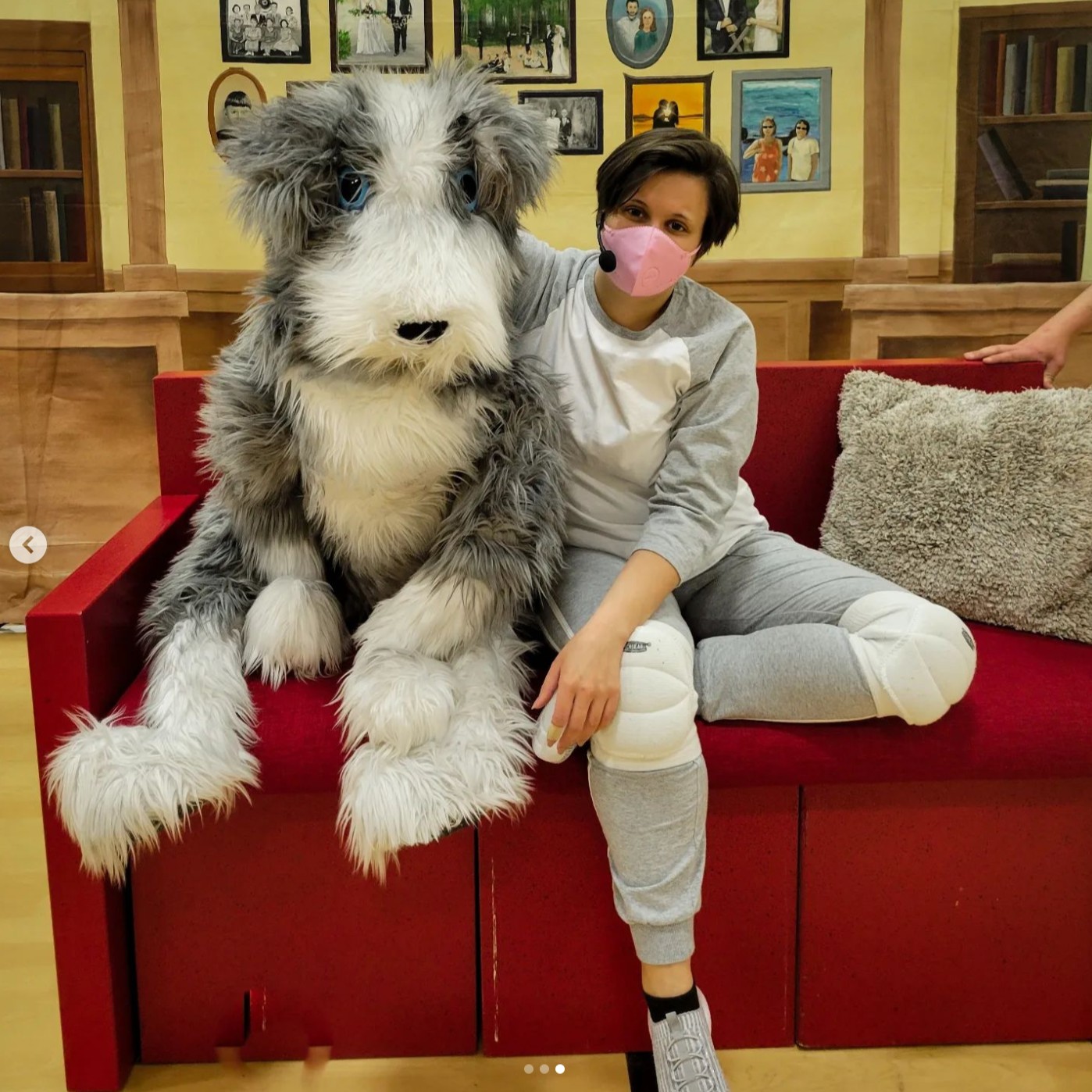
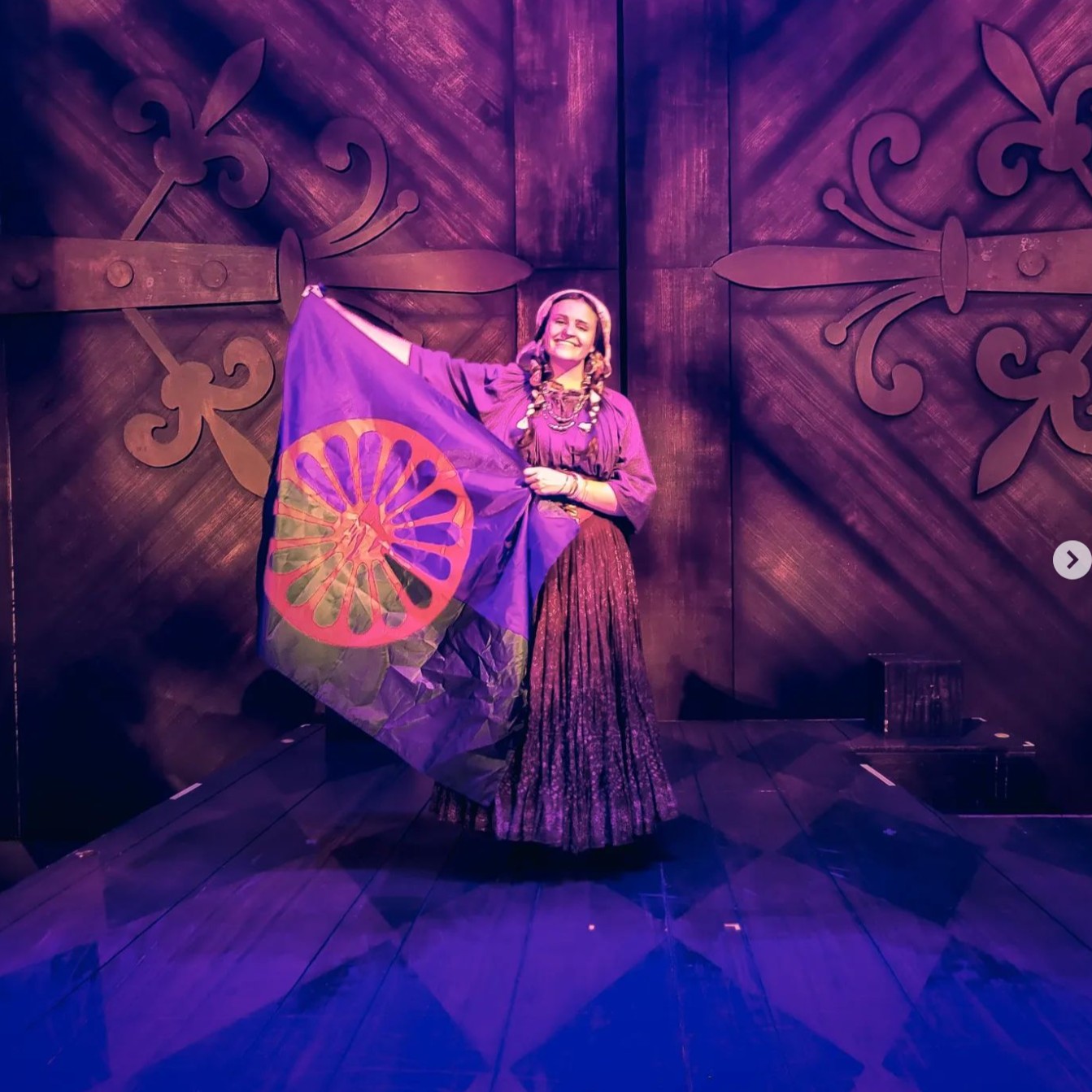
What’s the most rewarding aspect of being a creative in your experience?
For me, the most rewarding aspect of being an actor is when someone tells me that the work I’ve created or been apart of has made them feel represented. Everyone on earth wants and deserves to been seen and heard so I find it so rewarding to be able to provide that to others.
Not all stories are mine to tell, however, which is why I advocate for diversity, equitability, and inclusivity in the theatre space as much as possible. This isn’t just limited to the actors, but the tech and administration side of shows as well. Even if I am not directly involved in a project, it is so fulfilling to see productions that provide representation to underrepresented communities.
That’s what theatre is about, telling stories.
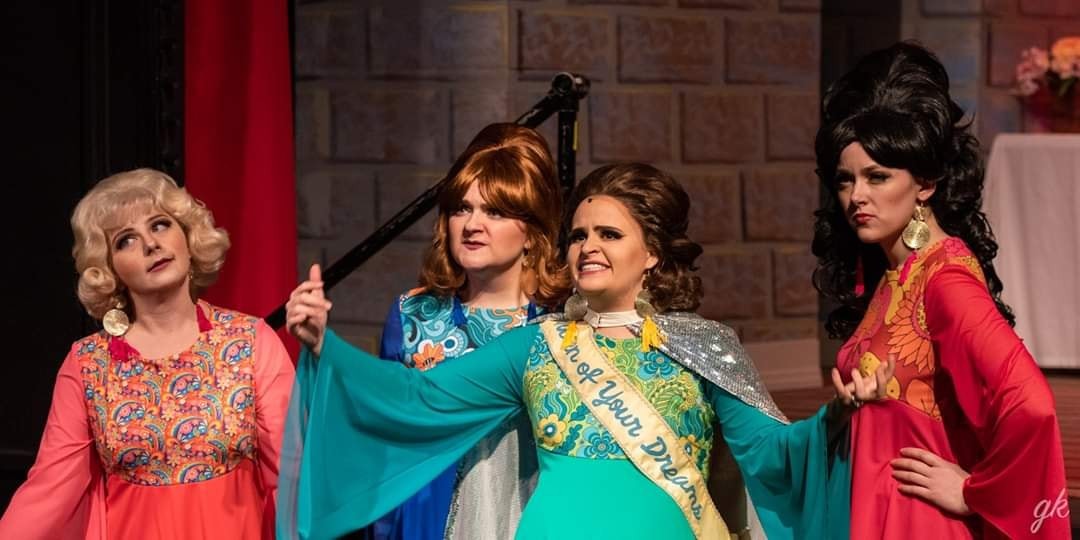
Contact Info:
- Website: www.JackeyBoelkow.com
- Instagram: @JackeyBoelkow
- Tiktok: @jackeyboelkow


